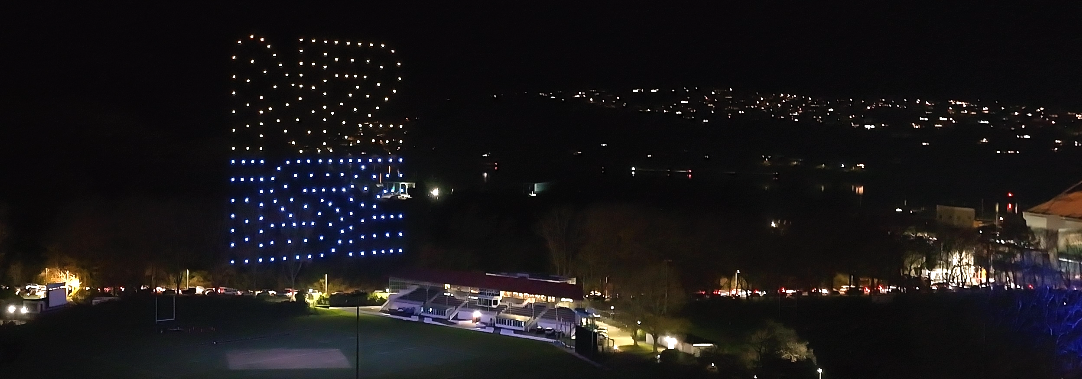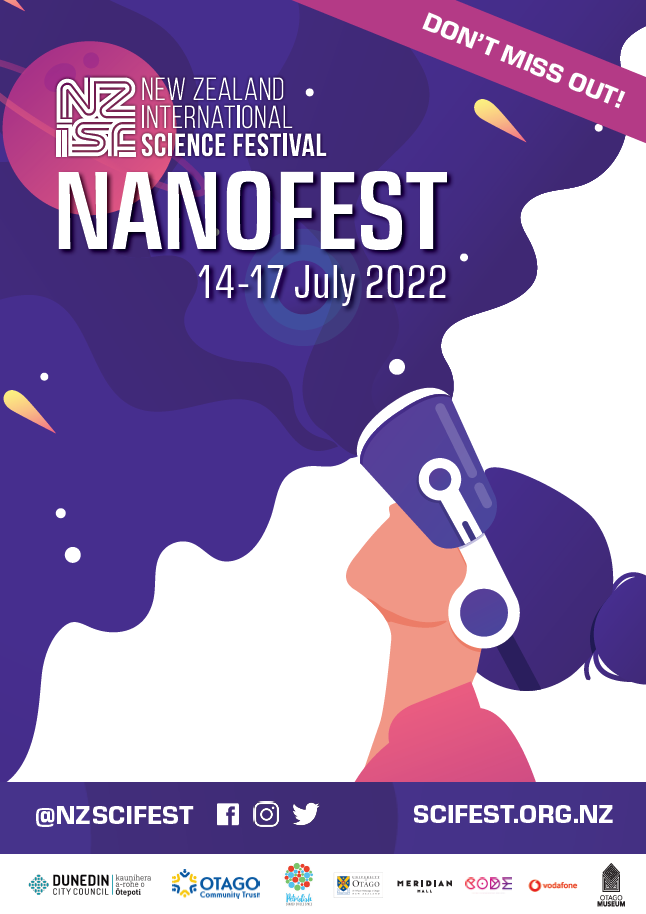
With a focus on social cohesion and inclusion, this talk by Kate Hannah, Director of the Disinformation Project, explores the misinformation ecosystem, the role of trust, and provides a call to action for communities.
The COVID-19 pandemic has been accompanied by what the World Health Organization describe as an ‘infodemic’ – “an overabundance of information – some accurate and some not – that makes it hard for people to find trustworthy sources and reliable guidance when they need it.” Aotearoa New Zealand’s communities have differential experiences of past pandemics, different measures of health and wellbeing, and different experiences of state services and state intervention. The pandemic and infodemic are also taking place within different nation-states, with different political systems, worldviews, and approaches to healthcare and the role of government. Increasingly, COVID-19 disinformation is linked to online or physical harm, dissenting or fringe views related to a number of conspiratorial narratives, and hateful or violent expression.
Since the election period in the United States and in New Zealand, and escalating in the context of the January 6 Capitol insurrection, national and transnational discourses focused on secretive state power, consent, hierarchies of knowledge, and related conceptualisations of citizenship, statehood, and rights have been increasingly linked through narrative, theme, narrators, and imagery to COVID-19 disinformation. This played out in in the 23 days of the occupation of Parliament, and has led New Zealanders to ask: What is happening? How are disinformation narratives targeting and radicalising people in Aotearoa and internationally? We know an increased sense of isolation, an increased sense of fear and uncertainty, an increased anxiety for the future, and a decreased sense of control contribute to an individual’s propensity to firstly entertain and then believe or advocate for conspiratorial ideas.
How do these relate to narratives and tropes of white supremacy, racism, and extreme misogyny? What can communities do to prevent this?
About the speaker
Kate Hannah is the Director of The Disinformation Project Aotearoa, a research project which has studied misinformation and disinformation in Aotearoa New Zealand since February 2020. The Disinformation Project’s research makes use of mixed methods, combining open-source and quantitative data from a range of social media platforms, cross-pollination patterns, super-spreader signatures, semantic study, and the qualitative analysis data, including discourse shifts over time. Our approach to information disorders provides unique perspectives into misinformation and disinformation’s establishment, entrenchment and expansion in Aotearoa New Zealand.
Hannah is a cultural historian of science and technology who focuses on Covid-19, racism, misogyny, and the far right. She is experienced with research translation for decision-makers, communication, public engagement and consultation, and community co-development of research and research outcomes. Part of the Te Pūnaha Matatini team that won the 2021 Prime Minister’s Science Prize for their work in supporting Aotearoa New Zealand’s Covid response, Hannah is a 2022 International Visitor Leadership Program alum, participating in a program focused on Disinformation in the Pacific. She is a Principal Investigator with Te Pūnaha Matatini, and a PhD candidate at the Centre for Science and Society at Te Herenga Waka – Victoria University of Wellington.

